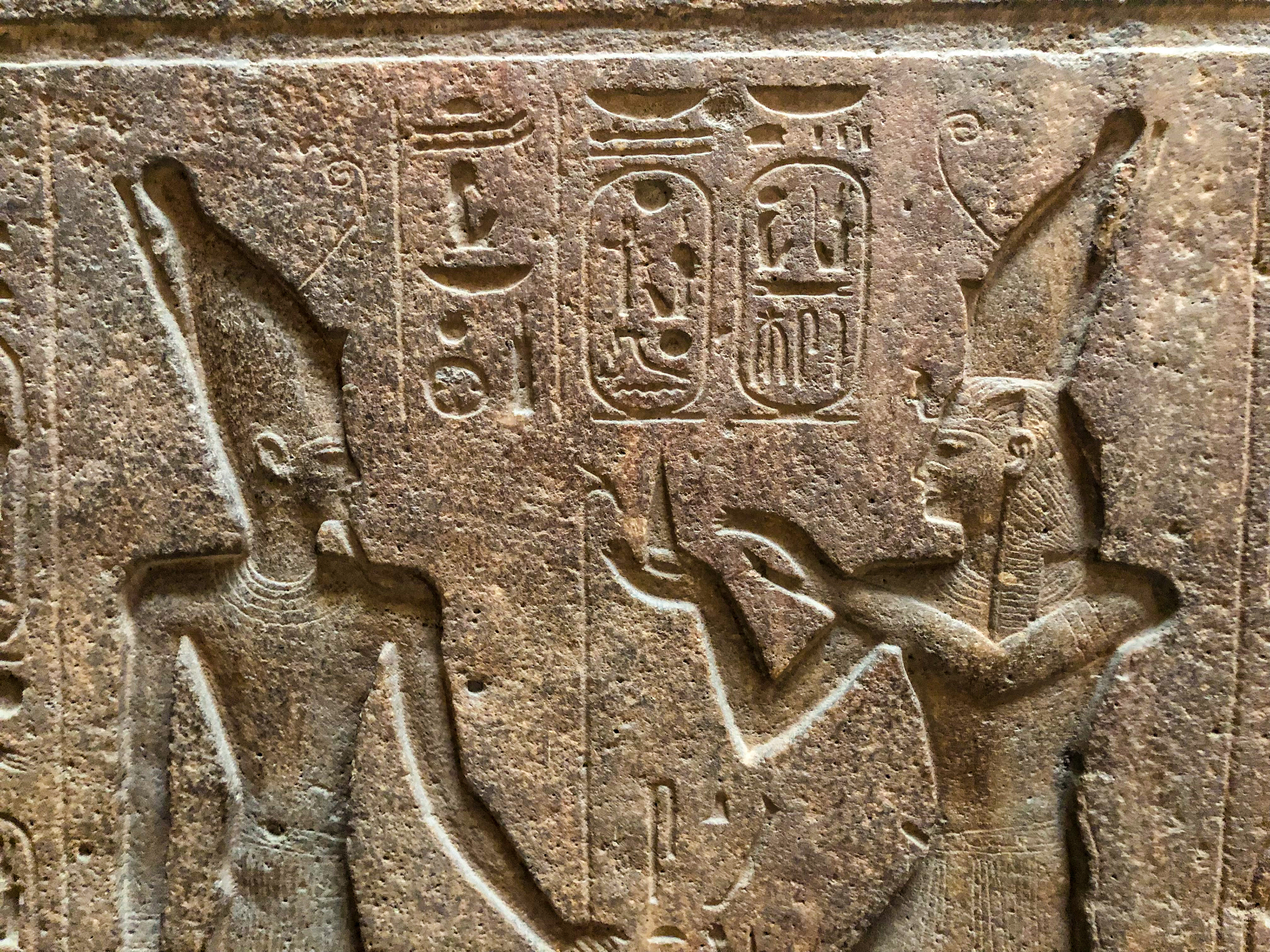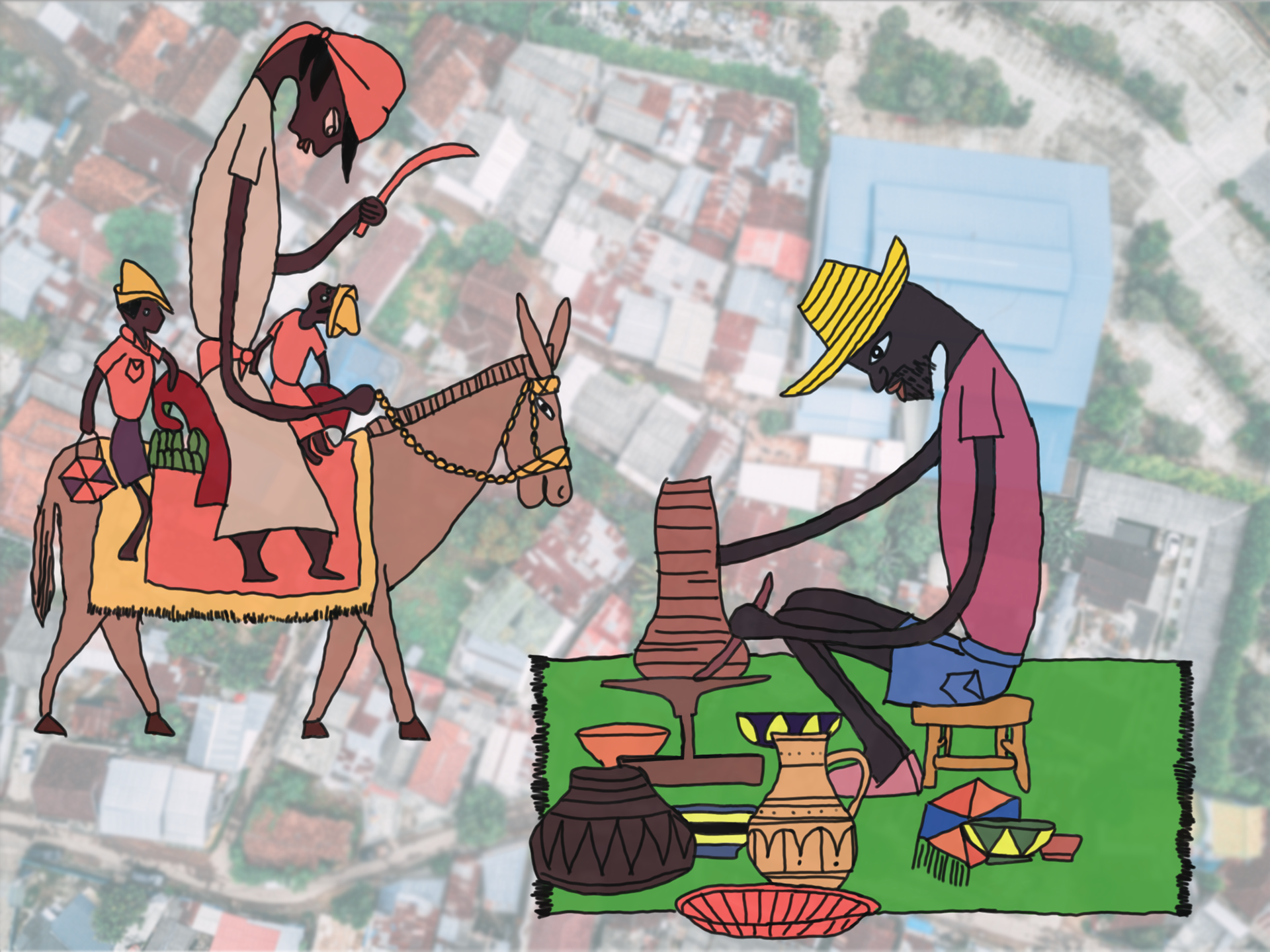The term 'Middle East' is problematic for a multitude of reasons. There are a few problematic points right away without any context or history, looking only at the term itself. Middle and East are both proximal directions, so referring to a handful of diverse countries as 'the Middle East' makes little to no sense. What is it in the middle of? What is it to the east of? These descriptions only make sense in relating it to a specific location. 'North Africa is descriptive enough to cover a vast region but a specified region. 'South America,' 'Pacific Islander,' and even 'Caribbean' do the same. Looking at the historical context, the term 'Middle East' comes from the British Empire's colonial days. India represented the 'East;' therefore, when they discovered Arab Countries later, they were referred to as somewhere along the way to the East. This points to the outdated nature of the phrase. Continuing to use the term and normalize it plays into stereotyping a vast majority of countries to an outdated notion of what they all have in common. This then strips them of their individual culture, history, and advances.
Beyond the issues of the term alone, the definition of Middle Eastern countries is somewhat unclear. Countries typically classified as part of this region are Iraq, Iran, Cyprus, Oman, Egypt, Bahrain, Turkey, United Arab Emirates, Qatar, Palestine, Yemen, Saudi Arabia, Lebanon, Israel, Syria, Kuwait, and Jordan. Some countries are occasionally added to the definition, such as Azerbaijan, Georgia, and Armenia. Then there is also the list of other nations that are quoted as part of the affairs of the Middle East, such as Pakistan, Afghanistan, Morocco, Tunisia, and Algeria. Looking at a map of the 'Middle East,' it seems like an arbitrarily circled mass of nations bleeding into three different continents. While there is an argument to be made that the region wasn't named solely based on geography; although ancient civilizations like Mesopotamia, the Persian Empire, and Ottoman Empire are commonly referred to in the discussion of the 'Middle East'; looking at all these nations' historical, cultural, ethnic, linguistic, military, and even economic backgrounds, there is a drastic variation across the board.
While this is a vast array of cultures, languages, and history, they all share the similar classification of majority "third world" countries. Historically, the idea of the first, second, and third world arose during the Cold War to define countries that remained non-aligned with either NATO or the Warsaw Pact. The Third World has always had blurred lines. It never was a precise category analysis but rather a convenient and vague label for an imprecise collection of countries in the second half of the 20th century. Over time, the term has evolved from a political meaning to an economic one. Because many countries in the Third World were impoverished, the term came to refer to the poor world. This 1-2-3 classification is outdated, insulting, and confusing. While the term has evolved, the classification of countries hasn't changed much since the 1950s. For instance, how can countries like Saudi Arabia and the United Arab Emirates, neither Western nor communist but highly influential in the world economy, be part of the Third World? Under both classifications of the terminology, both countries are anything but the third world.

Mosque of Muhammad Ali

Mosque of Muhammad Ali

Al-Nasr Muhammad Mosque

Western Notion of Modernity in Africa
